Five Measures Still in Place Despite India-Pakistan Ceasefire
Although India and Pakistan have agreed to a ceasefire, tensions linger and key punitive actions remain unresolved between the nuclear-armed neighbours.In the early hours of 7 May, India launched a series of air strikes targeting Pakistan and Pakistan-administered Kashmir. The strikes were in retaliation for a deadly militant attack on tourists in Indian-administered Kashmir—a strike India blamed on groups based across the border. Pakistan, however, has denied any involvement.
What followed was four days of intense cross-border shelling and aerial incursions, bringing the region to the brink of another major conflict. A ceasefire was unexpectedly announced on Saturday, offering a temporary reprieve.
Despite this fragile truce now holding for four days, normalcy remains elusive. The broader diplomatic and economic fallout from the crisis continues, with several retaliatory measures still in place. Here's a look at the five key actions that remain unresolved:
1. Suspension of the Indus Waters Treaty
India has suspended the Indus Waters Treaty (IWT), a pivotal 1960 agreement brokered by the World Bank that governs the sharing of water from six rivers in the Indus basin. The treaty has withstood two wars, long serving as a rare example of cooperation between the two rivals.
Prime Minister Narendra Modi underscored India's new stance by declaring, "Terror and talks cannot go hand in hand. Water and blood cannot flow together."
Pakistan, heavily reliant on the Indus rivers for agriculture and drinking water, has called India's decision unlawful. Finance Minister Muhammad Aurangzeb warned that "water cannot be weaponised" and that any unilateral withdrawal lacks legal validity.
Experts note that while India may not be able to halt water flow entirely—due to limited storage and diversion capacity—it could reduce flow during critical dry periods, affecting Pakistan significantly.
In response, Pakistan threatened to withdraw from the 1972 Simla Agreement, which established the Line of Control. That threat has not been acted upon yet.
2. Suspension of Visas and Diplomatic Expulsions
Diplomatic ties have been sharply reduced. India expelled all Pakistani defence attachés, labelling them "persona non grata," and withdrew its own military advisers from Islamabad. Pakistan mirrored these actions, resulting in significantly downsized diplomatic missions in both countries.
Additionally, both nations suspended almost all visa services, cutting off travel for business, medical, and personal reasons.
3. Border Closures
The Attari-Wagah border, the only operational land crossing between the two countries, has been shut down. This has disrupted families and halted people-to-people exchanges that once provided rare moments of connection.
Though citizens were initially given a week to return, the deadline was extended amid emotional scenes of separated families.
India has also closed its side of the Kartarpur Sahib Corridor, which had allowed Indian Sikhs visa-free access to one of their holiest shrines in Pakistan. Nearly 200,000 Indian pilgrims visited the site between 2021 and 2023. The suspension remains in effect with no clear reopening date.
4. Closure of Airspace
Pakistan closed its airspace to all Indian flights as a retaliatory measure. India quickly followed suit, shutting its skies to Pakistani aircraft, both commercial and military.
The move has forced international flights to reroute, resulting in longer travel times and higher fuel costs for carriers operating in the region.
5. Trade Suspension
All trade—both direct and indirect—between India and Pakistan has come to a halt.
While India is likely to feel minimal economic impact, the consequences for Pakistan could be more severe. With an economy already under strain, the trade freeze has further limited access to critical imports like raw materials and pharmaceuticals.
Conclusion:
Although the ceasefire has momentarily paused military hostilities, the underlying tensions between India and Pakistan remain unresolved. None of the punitive measures enacted in the aftermath of the 7 May attack have been rolled back, leaving the region in a state of uneasy calm and ongoing diplomatic standoff.

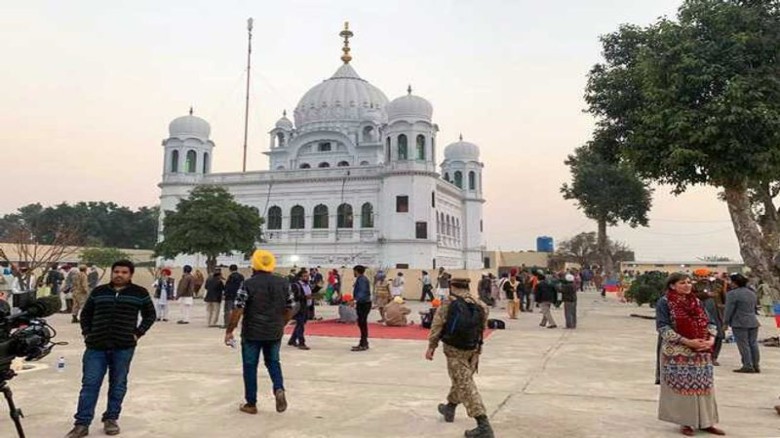


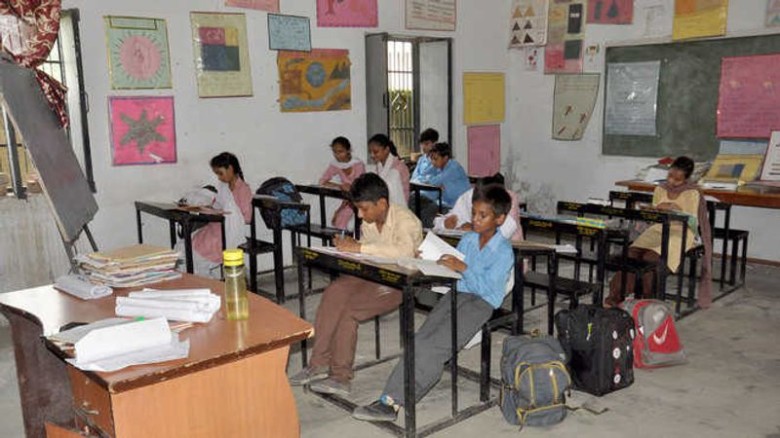























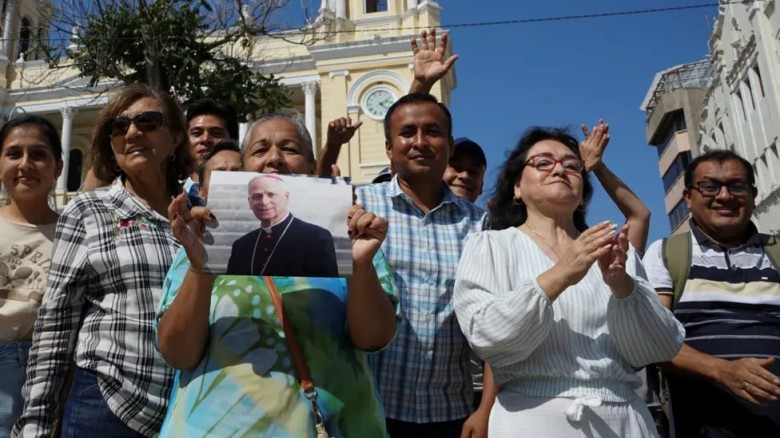











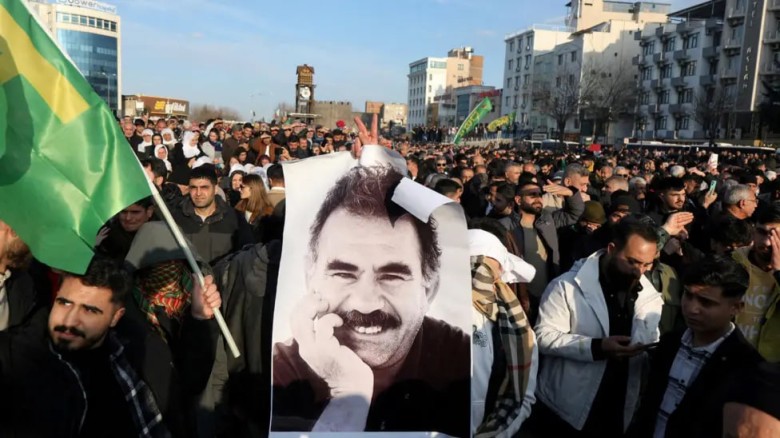





























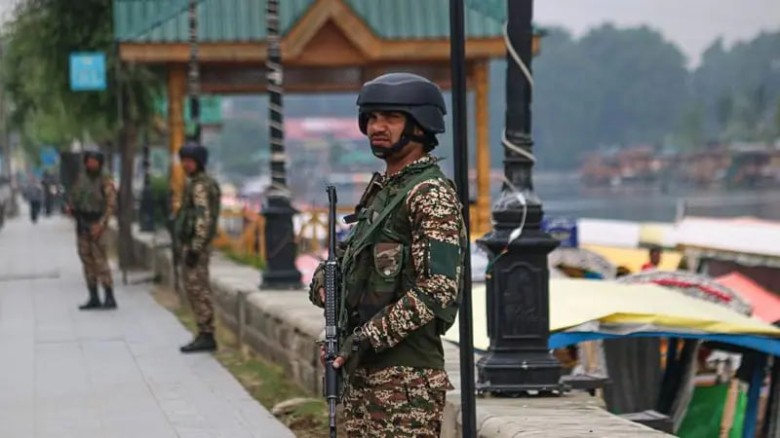


Leave A Comment